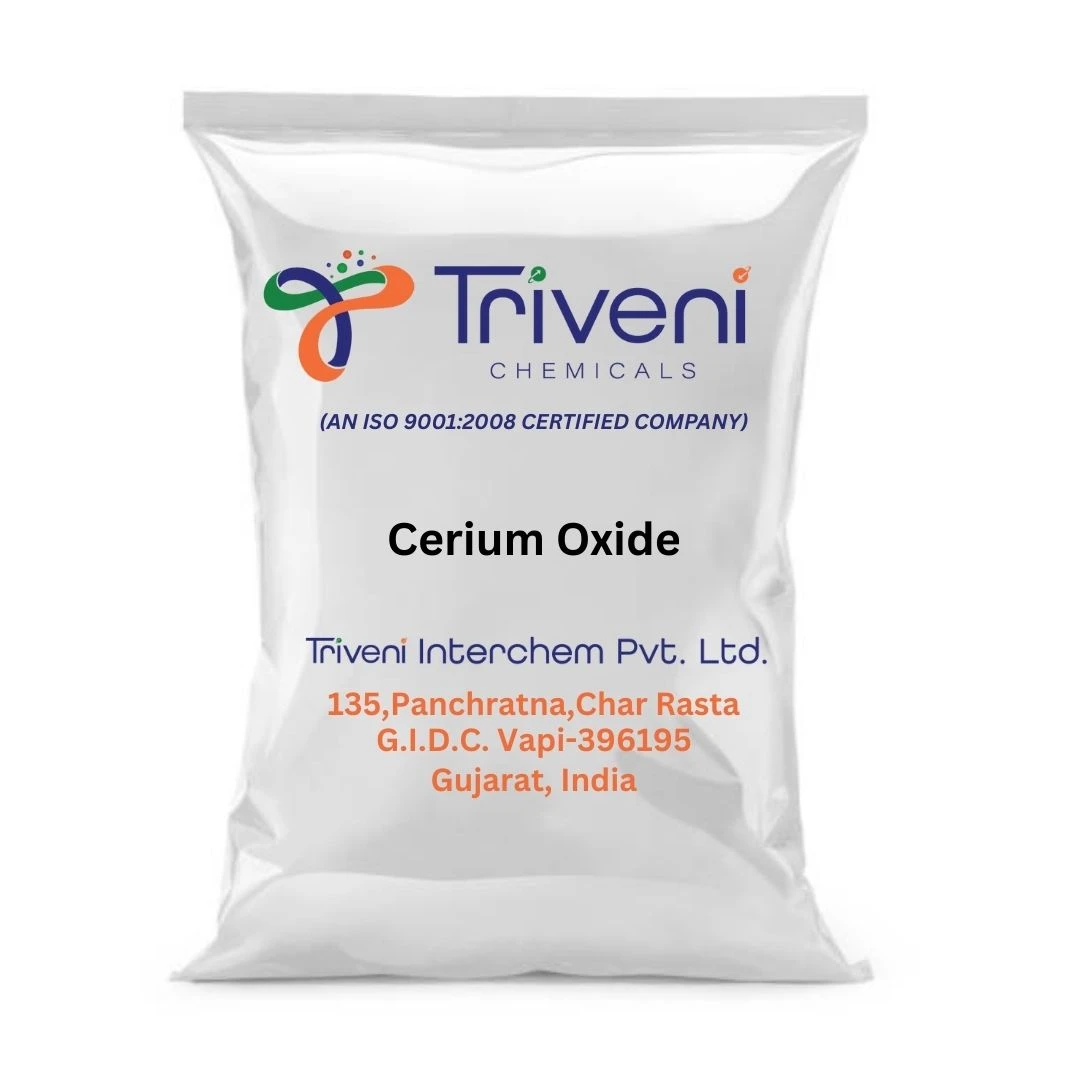Treatment of Automotive Diesel Exhaust Gas In light of growing worries about environmental pollution, especially in relation to diesel vehicles, the automobile industry is placing a great deal of emphasis on treating diesel exhaust gas. Despite their efficiency, diesel engines emit hazardous gases such carbon monoxide (CO), particulate matter (PM),..
Treatment of Automotive Diesel Exhaust Gas In light of growing worries about environmental pollution, especially in relation to diesel vehicles, the automobile industry is placing a great deal of emphasis on treating diesel exhaust gas. Despite their efficiency, diesel engines emit hazardous gases such carbon monoxide (CO), particulate matter (PM), and nitrogen oxides (NOx). Many exhaust gas treatment systems have been developed to address these issues. SCR stands for selective catalytic reduction, and it's one of the best ways to cut back on NOx emissions in diesel cars. A reducing agent is pumped into the exhaust stream of this system; usually, this is diesel exhaust fluid (DEF) with a urea basis. After passing over a catalyst, the exhaust gases combine with the ammonia produced by the DEF to form nitrogen and water vapor, which are safe byproducts of the reaction. Diesel Particulate Filters (DPF), which target particulate matter emissions, are another essential technological advancement. PM is kept from being released into the atmosphere by DPFs, which are made to collect and store it. By raising the temperature of the exhaust stream to oxidize the particles and clean the filter, a process known as regeneration burns off the trapped particles over time. Recirculating part of the engine's exhaust back into the intake air is known as exhaust gas recirculation, or EGR, and it is a technique used to lower NOx emissions. As a result, the combustion chamber's oxygen content is decreased, which lowers the peak combustion temperature and, in turn, lowers the production of NOx.To increase the efficiency of diesel engines and lower emissions, more sophisticated combustion procedures are being developed. One such technology is homogeneous charge compression ignition (HCCI). With HCCI, the features of gasoline and diesel engines are combined, and a uniform air-fuel mixture is ignited through compression. As a result, compared to conventional diesel combustion, there are less NOx and PM emissions.Additionally, the effectiveness of diesel exhaust treatment is always being improved by developments in engine control systems and catalyst materials. The goal of these advancements is to ensure maximum engine performance and fuel efficiency while satisfying strict pollution requirements. To sum up, diesel exhaust gas treatment technologies for automobiles are essential for reducing the negative environmental effects of diesel vehicles. The industry is aiming toward cleaner and more efficient diesel engines that fulfill regulatory criteria and contribute to a healthier environment using a combination of SCR, DPF, EGR, and upcoming technologies like HCCI.
- Automotive Diesel Exhaust Gas Treatment – Reducing vehicle emissions for environmental sustainability, similar to Azo Dye Colour.


